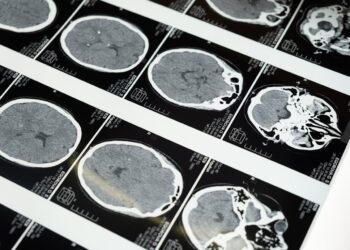- Hormones like estrogen play a critical role in health, and research is ongoing about how estrogen levels impact the risk of developing certain conditions.
- A recent study found that women who had their first period at age 12 or younger had a decreased risk for dementia.
- The researchers suggest that estrogen exposure at a later age may also have a reduced risk for dementia.
Dementia is a growing concern as people are living longer.
Because there is no current cure for dementia, experts are continuing to explore dementia risk factors and protective factors. One area of interest is how the hormone estrogen and its levels may influence dementia risk for women.
A new study published in The American Journal of Geriatric Psychiatry looked at specific reproductive characteristics and their relationship to dementia risk.
The researchers found that participants with more prolonged exposure to estrogen were at a decreased risk for dementia. Estrogen exposure could be described as the number of years between starting menstruation and undergoing menopause or receiving a hysterectomy or oophorectomy.
In contrast, those with less time of estrogen exposure were at an increased risk for dementia. This also included participants who began menstruation at a later age.
The study authors concluded that estrogen may act as a protective factor against dementia, but more research in this area is needed.
Study author Dr. Hee Kyung Park, PhD, of the Division of Psychiatry at University College London, told Medical News Today:
“Although this study showed the protective effects of longer lifetime estrogen exposure, there are inconsistencies in the results in human studies. Future diverse cohort studies should determine the effects of estrogens on the risk of dementia.”
Read the full article here







